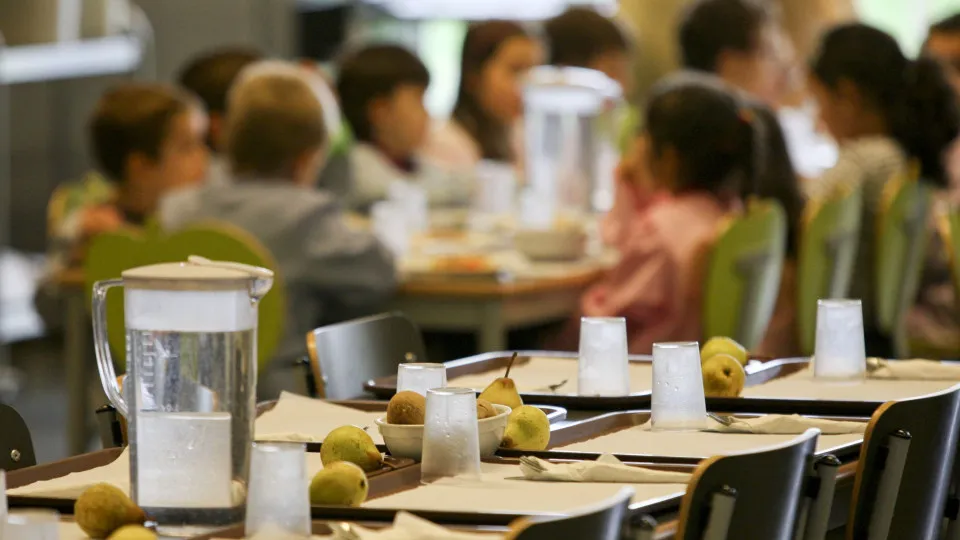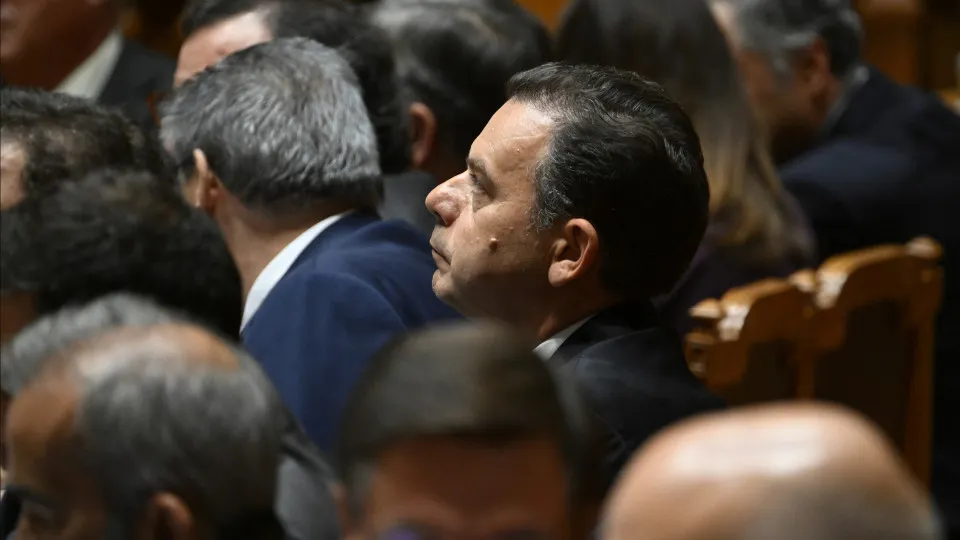
A new school feeding policy announced by the CML states that “as of January 2026, the option for meatless meals will no longer be visible on the selection panel and will be available exclusively for students whose families formally declare themselves vegetarian,” according to WWF Portugal, based on information sent Tuesday by the CML to parents.
“By assuming that non-vegetarian children should consume animal protein every day, the Municipal Council does not take into account the scientific evidence showing the impact that diets have on health and the planet. Food systems are responsible for about 30% of CO2 [carbon dioxide] emissions in Portugal and have a significant water footprint, especially in the case of beef,” warned the environmental organization in a statement.
The WWF Portugal also highlighted that “a significant portion of the meat consumed in Portugal is imported from countries where extensive livestock contributes directly to deforestation,” with severe consequences for biodiversity and global climate balance.
This non-governmental organization also emphasized that excessive consumption of meat, particularly red meats, is associated with increased health risks.
Cited in the statement, the Coordinator of Policies at WWF Portugal, Bianca Mattos, considered that “offering alternatives only for families who are declared vegetarians is a huge mistake and extremely limiting,” noting that the reduction of animal protein consumption should be encouraged and made available to all children, “as it is not a dietary restriction but rather a choice for a healthier and more sustainable diet.”
The WWF Portugal representative further argued that meals with plant-based proteins, such as pulses like peas, beans, lentils, and fava beans, not only reduce the environmental impact of food consumption, but they are also healthy, nutritious, balanced, tasty, and provide an important component of diet diversification, which is even more crucial from a nutritional standpoint.
According to this environmental organization, various cities around the world have already recognized the value of promoting plant-based protein consumption and the potential of school meals in this regard, as they mobilize local agriculture and also bring economic benefits.
“It is essential that the Lisbon Municipal Council reviews this policy and aligns itself with the more modern municipalities of the world, which recognize their role in combating the climate crisis and integrate the perspective of sustainability transversally into public policies,” stated Bianca Mattos.
On Tuesday, the CML informed parents of students in Lisbon’s public schools that “as of January 1, 2026, the vegetarian option will no longer be visible on the selection panel,” stating that this choice “cannot be made available occasionally, being reserved exclusively for cases where the vegetarian regime is assumed in a continuous and structured manner.”
In response to this notice, parents have created a petition for the continuation of free choice of vegetarian meals in Lisbon’s public schools, considering that the council’s decision is “unacceptable and represents a regression in sustainability policies, freedom of choice, and food education.”
As of 3:00 p.m. today, the petition had garnered more than 3,800 signatures.
In response to the Lusa agency, the office of Councillor Sofia Athayde (CDS-PP) stated that “it is not true that the free choice of vegetarian meals will end,” explaining that what is at stake “is not a change, but a clarification of rules that already existed,” to “strongly reduce food waste caused by the unpredictability of the number of meals to be prepared each day.”




